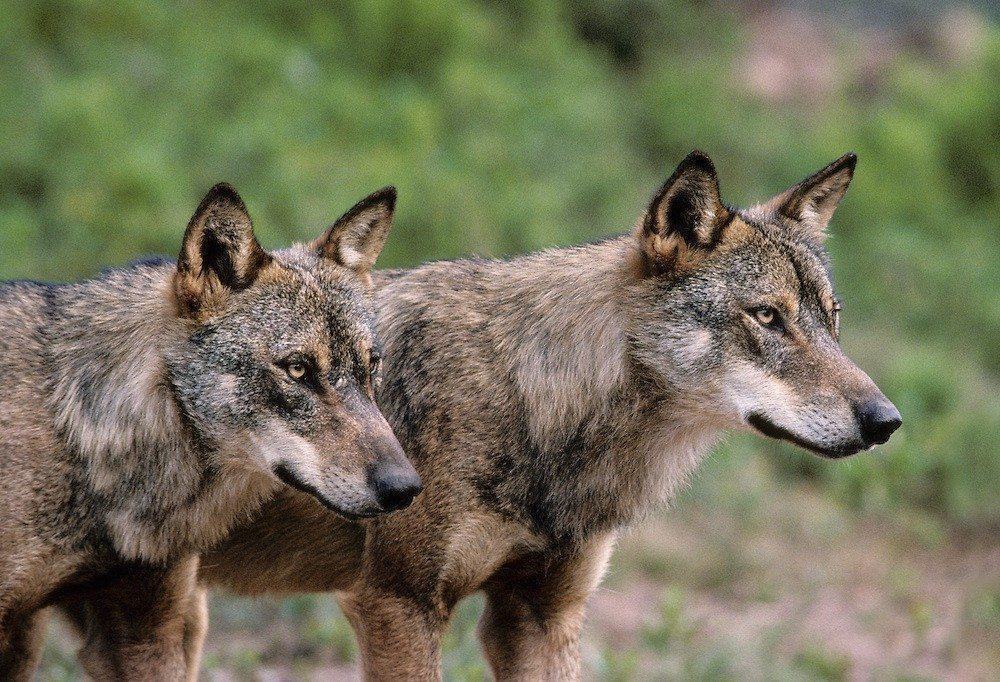WildE project is about climate and biodiversity
The wildE is EU Horizon Europe-funded project dedicated to exploring climate-smart rewilding to address the intertwined issues of climate change and biodiversity loss. By bringing together 22 organizations from across Europe, wildE integrates cutting-edge scientific research with practical applications.
What is WildE project?
WildE is a project with ambition to develop climate-smart rewilding as a nature-based solution to the twin threats of climate change and biodiversity loss.
The team working on project implementation consider activities implemented in this project …a form of ecological restoration aiming to promote self-regulating complex ecosystems through re-establishing ecological processes while reducing human control and pressures….
In this context, climate-smart rewilding is a process in which: biodiversity protection, climate change mitigation and adaptation and sustainable livelihoods are interconnected in a circle and influence each other.

Ambitious goals
The European Union has set out ambitious goals to combat the climate crisis and biodiversity loss. The EU Biodiversity Strategy for 2030 aims to restore significant areas of degraded ecosystems and to legally protect 30% of Europe’s territory, with 10% under strict protection.
In turn, the EU Climate Law legally binds the member states to become climate neutral by 2050. The EU goals imply that effective ecosystem restoration needs to occur at much larger scales than to date, yet this is still hindered by multiple barriers, including existing policies and governance structures, funding, and a narrow focus on biodiversity and ecosystems.
Key elements of wildE project
This project convenes experts from environmental sciences, social sciences, and economics to develop viable rewilding solutions. Research at eight selected sites across Europe will involve a broad range of stakeholders to determine how these solutions can support both nature and people while being economically sustainable.
Purpose of wildE project
Utilizing detailed surveys and models, wildE assess rewilding’s impact on carbon sequestration and biodiversity. The project aims to help the EU achieve its climate, land use, economic, and societal objectives both now and in the future. Collaborations with policymakers, local communities, and companies will yield new insights, methods, and tools for climate-smart rewilding. Additionally, the Rewilding Knowledge Hub, a new web platform, facilitate stakeholder collaboration on rewilding challenges and opportunities.
The EU has set ambitious goals to combat the climate crisis and biodiversity loss. Achieving these goals requires large-scale ecosystem restoration, currently hindered by policy, governance, funding issues, and a narrow focus on biodiversity.
Rewilding, which reduces human intervention and leverages natural processes, can significantly contribute to these EU goals. Traditionally limited to local efforts, rewilding has not systematically addressed climate change and biodiversity lost. WildE’s climate-smart rewilding adopts a holistic approach that integrates climatic, economic, and societal challenges, making ecological restoration a financially viable nature-based solution for public and private stakeholders.

Conclusion
The wildE project serves as a pivotal initiative in supporting protection also European wilderness by addressing the dual imperatives of climate action and biodiversity conservation. Through its focus on climate-smart rewilding strategies, wildE offers innovative solutions to restore degraded ecosystems, mitigate climate change impacts, and preserve biodiversity hotspots. By integrating scientific research, practical implementation, and stakeholder collaboration, wildE demonstrates a holistic approach to ecosystem restoration and management.









